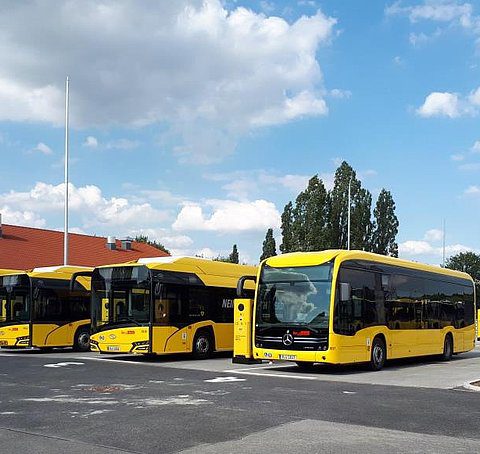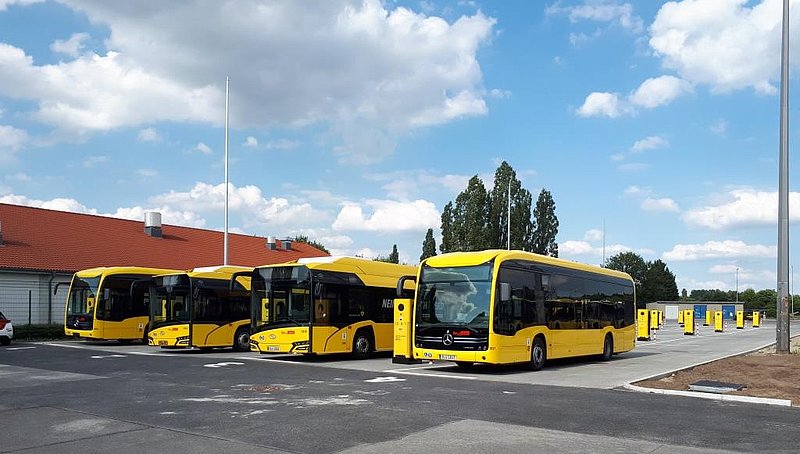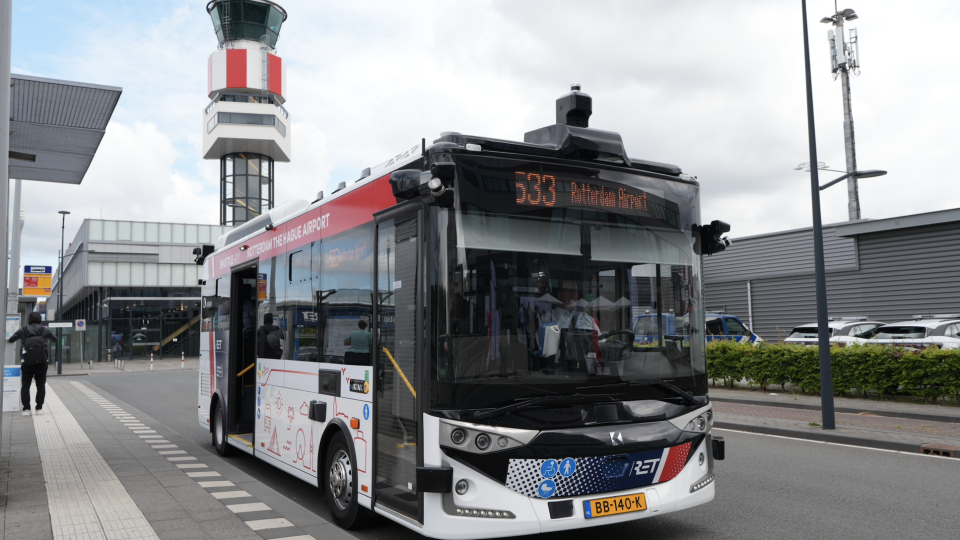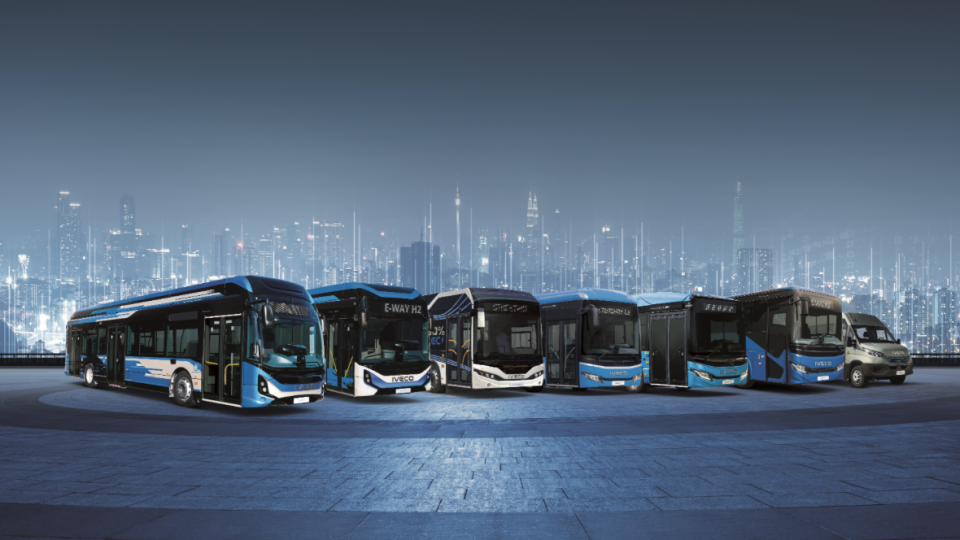PSI Transcom in Berlin: depot & charging management system for BVG is ready
PSI Transcom depot and charging management system for BVG Berlin has been successfully put into operation. It took seven week for the German company to install the PSIebus system at the Indira Gandhi Street depot. This enables the optimal disposition of the electric buses in connection with the charging infrastructure (supplied by Polish supplier Ekoenergetyka) and […]

PSI Transcom depot and charging management system for BVG Berlin has been successfully put into operation. It took seven week for the German company to install the PSIebus system at the Indira Gandhi Street depot. This enables the optimal disposition of the electric buses in connection with the charging infrastructure (supplied by Polish supplier Ekoenergetyka) and ensures the best possible vehicle availability.
At the turn of the year 2020/2021, the BVG had 138 electric buses in regular service. BVG is continuing to push ahead with the electrification of its bus fleet. A 90-units supply has just been completed. The group targets a zero emission bus fleet in 2030.

PSI Transcom in Berlin, an holistic charging strategy
The system integrates, monitors and controls the charging infrastructure and coordinates the charging processes of the electric buses. Thus, it converts the operational requirements from the bus sector into a holistic charging strategy and also controls and monitors the preconditioning of the buses. Communication with the depot management system integrated in PSIebus takes place via the VDV interface 463 developed by PSI.
Ekoenergetyka and XCharge for Berlin electric bus fleet
First, the charging stations of the manufacturer Ekoenergetyka were connected. For their technical integration, PSIsmartcharging uses the OCPP standard. The functionality was presented and proven in specified test scenarios of the BVG. In the further course of the project, the entire charging infrastructure of the depot of the manufacturers Ekoenergetyka and XCharge will be integrated into the system in phases and controlled centrally.
Berliner Verkehrsbetriebe (BVG), the largest local transport company in Germany, operates a large part of the local public transport in Berlin with subways, trams, buses and ferries. As mentioned above, at the turn of the year 2020/2021, the BVG had 138 electric buses in regular service.









